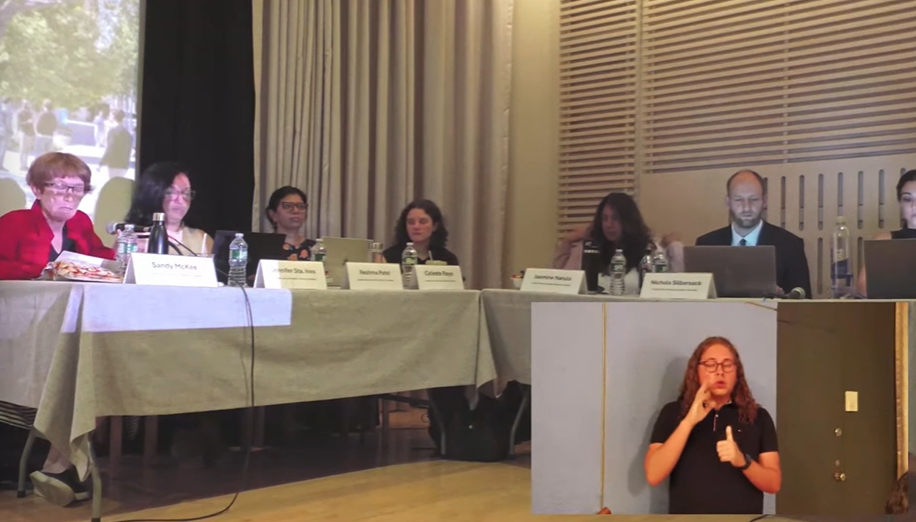While focusing on themes of democracy and diplomacy, Freedom Plaza brings numerous advantages. However, local residents prefer it be overlooked for a New York casino license.
Overview of Freedom Plaza
At the intersection of free capital markets and daring economic initiatives, Freedom Plaza stands as a monumental $11 billion mixed-use casino proposal from Soloviev Group and Mohegan Gaming. Nestled within walking distance of the United Nations headquarters in Midtown, this project is one of eight casino bids in downstate New York vying for three available licenses this year. It boasts ambitions that make it the most extravagant project on the roster and promises the highest number of jobs—17,000 combined construction and permanent positions.
Proposed Transformations
If awarded, Freedom Plaza aims to revamp a 6.7-acre site along 1st Avenue into a vibrant community featuring a casino, two hotel towers, two residential towers, a Museum of Democracy, and nearly five acres of public parks. Soloviev CEO Michael Hershman noted that this parcel may be “the largest undeveloped property in Manhattan.” His comments were made during a public hearing organized to gauge community support for the project, with a vote expected by the end of September.
Community Perspectives
Around 140 speakers, including local residents, trade groups, and potential vendors, participated in the community advisory committee meeting. While many expressed support for Freedom Plaza’s offerings, numerous residents questioned the need for a casino, emphasizing the project’s other proposed benefits and amenities.
Stakeholder Involvement
Hershman shared the presentation stage with Mohegan CEO Ray Pineault, although Stefan Soloviev was absent. Hershman emphasized that the project aims to serve the community, saying, “We’re not Las Vegas; we want what’s best for the neighborhood.” Soloviev acquired the site in 2007 and has spent millions demolishing and cleaning the property after it was previously home to an industrial plant for Con Edison.
Housing and Park Proposals
Highlights of the project include a commitment to over 1,000 residential units, with 513 designated as affordable housing—an improvement from previous proposals that only offered market-rate units. Additionally, nearly five acres of parkland would significantly enhance local green space, which is currently lacking in the community. Jamie Smarr, CEO of the NYC Housing Partnership, underscored the urgency for immediate housing solutions rather than proposals that span decades.
Concerns and Opposition
While many voiced support, residents nearby largely opposed the project. Past hearings have witnessed similar opposition across various proposals in New York. Accusations regarding the legitimacy of endorsements and entry restrictions for dissenters have surfaced consistently. Testimonies indicated a clear preference for housing, parkland, and educational amenities, without the inclusion of a casino. Community sentiment was captured succinctly in the phrase “just not a casino,” which resonated among several opponents.
Conclusion
As the debate continues over Freedom Plaza, the project’s benefits, combined with local opposition, illustrate the complex dynamics involved in urban development. Stakeholders must navigate these challenges while meeting the pressing needs of the community.



